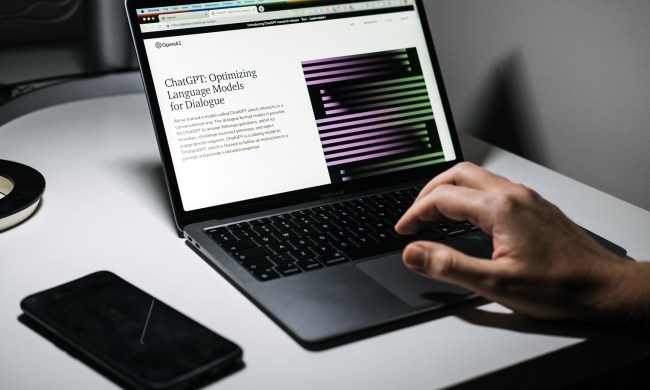MusicLM is one of Google’s experimental artificial intelligence (AI) tools that uses natural language models to interpret your instructions. But instead of chatting to you like ChatGPT, or helping you search, like Bing Chat, MusicLM is an AI that takes what you tell it and creates music based on it.
You’ll need to join the waitlist to get access, but once you’re in, you can start making music with Google’s latest AI tool.
What is MusicLM?
MusicLM is a prompt-based music creation tool driven by natural language AI. It takes inputs from the user, whether that’s “humming to the tune of Queen’s Bohemian Rhapsody,” or “ambient, soft music to study to with rain in the background.” You can create genre mash-ups, multi-instrumental compositions, or human voice sounds that have never felt vocal cords before.
For every prompt you input, MusicLM makes two tracks for you to listen to. To help improve the model, Google encourages users to reward a “trophy” to the one that feels the best, or that sounds closest to what you planned with the prompt.
How do you access MusicLM?

At the time of writing, Google is only taking applications for MusicLM, granting permission on a case-by-case basis. It’s not clear how many people are being given access or what the criteria are, but you can register your interest to see if Google grants you permission.
To sign up for MusicLM, head to the main page, and hit the Get Started button to sign up.
How do you use MusicLM?
To use the AI, just visit the main MusicLM page, or open up MusicLM in the Google AI Test Kitchen Apps (on Play Store and App Store, respectively), then sign in to your Google account, if necessary. On the main MusicLM page, input your prompt into the prompt window and hit Enter, or press the little arrow next to the prompt field.
You can specify instruments, styles, tempos, pitches, keys — whatever you can think of. MusicLM will then give you a couple of new tracks. You can listen to them by hitting their respective play buttons, or reward them with a trophy by selecting the corresponding icon.
The only caveat is that Google has added a protective system that won’t allow MusicLM to generate music based on artists or existing songs, so you can’t do the mash-ups that have been going viral in recent months. That’s to keep Google out of murky copyright waters.
Interested in checking our more cutting-edge AI? Try making your own GPT-4 chatbot with Dante.



